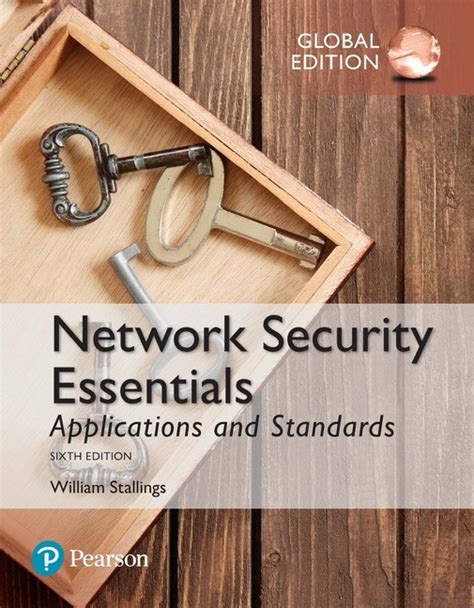The music and arts industries are highly competitive, and standing out in a crowded job market can be challenging. To increase your chances of landing your dream job, it's essential to have a solid understanding of the application process. In this article, we'll explore the key elements of a successful music and arts job application.
Understanding the Music and Arts Job Market
Before we dive into the application process, it's crucial to understand the current state of the music and arts job market. The industry is constantly evolving, with new technologies and trends emerging all the time. To stay ahead of the curve, it's essential to stay informed about the latest developments and network with industry professionals.

Crafting a Standout Resume
Your resume is often the first impression you make on a potential employer, so it's essential to make it count. A well-crafted resume should highlight your relevant skills, experience, and education. Here are some tips to help you create a standout resume:
- Tailor your resume to the specific job you're applying for
- Use clear and concise language
- Use bullet points to break up large blocks of text
- Include relevant keywords and phrases from the job description
- Keep your resume to one or two pages in length

Writing a Compelling Cover Letter
A cover letter is your chance to tell the story of why you're the perfect fit for the job. It should be a brief, one-page document that highlights your relevant skills and experience. Here are some tips to help you write a compelling cover letter:
- Start with a strong opening sentence that grabs the reader's attention
- Use specific examples to demonstrate your skills and experience
- Show enthusiasm and passion for the industry and job
- Keep your cover letter concise and to the point

Preparing for an Interview
An interview is your chance to showcase your skills and personality. To prepare, research the company and job description, practice answering common interview questions, and prepare any materials you may need, such as a portfolio or references.

Building a Strong Online Presence
In today's digital age, having a strong online presence is essential for any job seeker. This includes having a professional website or blog, as well as active social media accounts. Here are some tips to help you build a strong online presence:
- Use a professional website or blog to showcase your work and skills
- Use social media to network with industry professionals and stay up-to-date on industry news
- Keep your online presence consistent and professional

Networking and Making Connections
Networking and making connections is essential for any job seeker. Attend industry events, join professional organizations, and connect with industry professionals on social media. Here are some tips to help you network and make connections:
- Attend industry events and conferences
- Join professional organizations and networking groups
- Use social media to connect with industry professionals
- Follow up with new connections and build relationships

Conclusion
Landing a job in the music and arts industries can be challenging, but with the right skills, experience, and preparation, you can increase your chances of success. Remember to craft a standout resume and cover letter, prepare for interviews, build a strong online presence, and network and make connections. With persistence and dedication, you can achieve your career goals in the music and arts industries.
Gallery of Music and Arts Job Application Essentials






What are the most important skills for a music and arts job application?
+The most important skills for a music and arts job application include creativity, technical skills, and communication skills. Additionally, having a strong online presence and networking skills can also be beneficial.
How do I build a strong online presence for my music and arts career?
+To build a strong online presence, create a professional website or blog, use social media to network with industry professionals, and keep your online presence consistent and professional.
What are some common interview questions for music and arts jobs?
+
